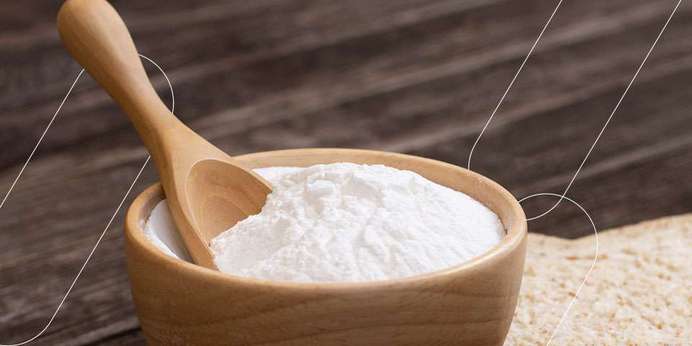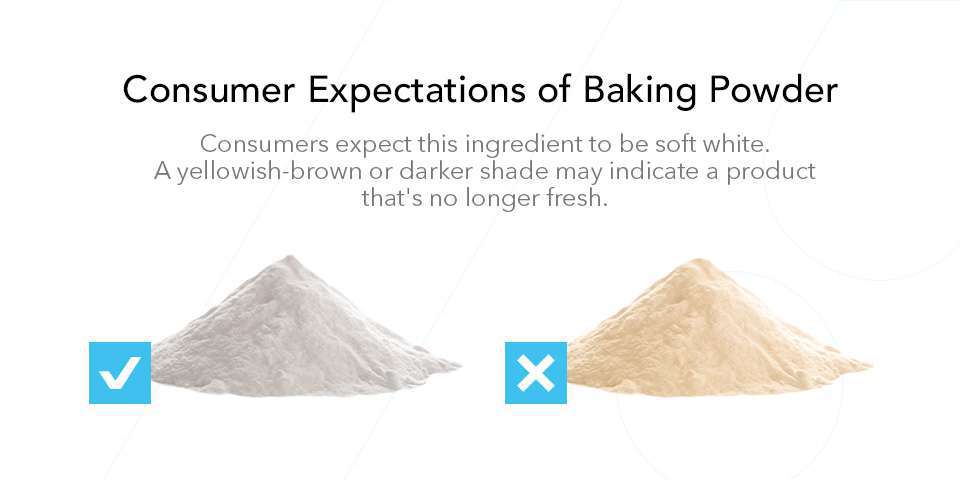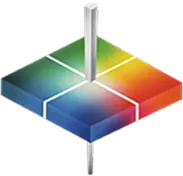
Color measurements provide valuable information for food producers, manufacturers, and distributors. As one of the first things consumers are bound to notice when making purchasing decisions, color makes an impression. Consistent appearance in any food is key to delivering what consumers consider natural and fostering brand loyalty.
When measuring color, every ingredient counts, even the ones generally considered colorless and of little effect. Baking powder often falls into this designation, but this ingredient has a well-defined color that consumers expect. Here's what you need to know to produce a valuable commodity for baking.
What Is Baking Powder?
Baking powder is one of the most useful tools in any baker's or homeowner's cabinets. It's a combination of baking soda and a powdered, edible acid, such as cream of tartar. It prompts items like quick breads to rise and combine properly throughout the cooking process. Most formulations also include cornstarch, which prevents the formula from clumping and reacting before you're ready to use the powder.


